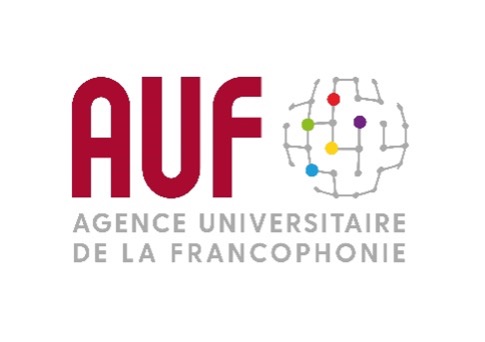New CIVIS Alliance project seeks to build an academic network on migratory crises
Coordinated by Université libre de Bruxelles (ULB), the consortium brings together eight universities, three of which are part of the CIVIS alliance and three of its strategic partners.
The consortium
- Aix-Marseille University, France
- University of Lausanne, Switzerland
- Free University of Brussels (ULB), Belgium
- Hassan II University Casablanca, Morocco
- Cheikh Anta Diop University, Senegal
- University of Sfax, Tunisia
- University of Montreal, Canada
- University of Rio de Janeiro, Brazil
The project
The initiative aims to explore the uses and consequences of migratory crises through a polycentric approach, examining intra and intercontinental flows between Europe, Africa, and the Americas. The goal is to build a network of academic actors with critical expertise on these crises.
An awardee of the July 2023 IntenScif call from AUF – Europe Occidentale, the consortium has received a grant of 25,000 euros for a period of 18 months.
Objectives
- Establish an interuniversity network to encourage collaboration on migratory issues and define migration as a crisis.
- Develop strategic partnerships to jointly submit funding applications, focusing on innovative and interdisciplinary initiatives, for instance under the Horizon Europe program.
- Organize a summer school on migratory issues, in collaboration with Francophone partners.
Methodology
The consortium plans several activities, including webinars, brainstorming meetings, writing workshops for the submission of a Horizon Europe project in 2025, and the preparation of a summer school. The project will end with a final symposium, including the completion of the research project writing workshop.
Expected output
To achieve its scientific objectives, the consortium of this project will organize three webinars and a final symposium that will result in a collective work published in an open-access university press. While the three webinars will be open to the scientific community (colleagues, (post)doctoral students, and students interested in the themes of this project), the final symposium will be open to the general public (academic and non-academic). Scientific work arising from the consortium's activities will be disseminated through the members' participation in external scientific productions and events.
Contacts
Academics contact: Andrea Rea & Antoine Roblain
Administrative contact: Marie Ugeux

